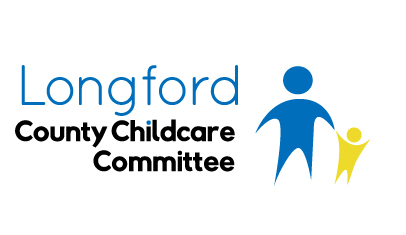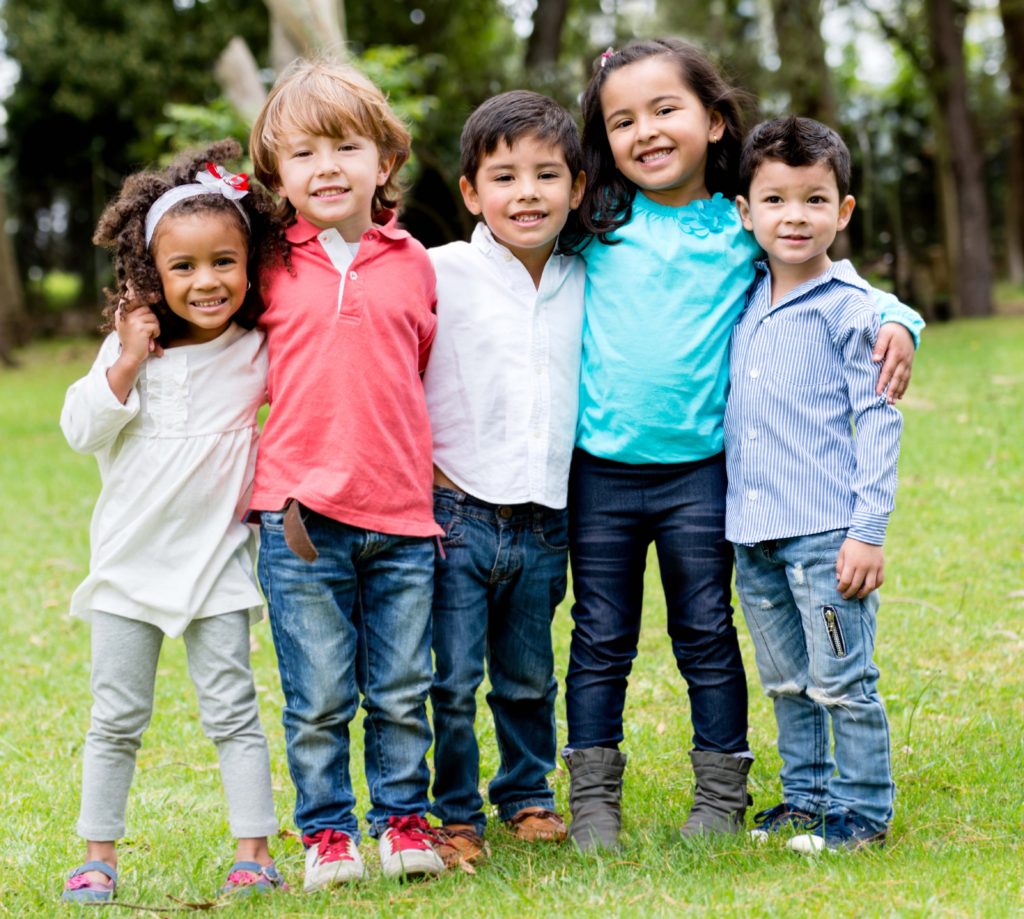At this time of year, it is important that you think about how inclusive your service is. Those of you who have attended the Inclusion Equality and Diversity Guidelines workshops which Longford CCC have delivered during 2017, have been given tools to help you reflect on your current practice and implement any changes you need to ensure you are an inclusive practice.
When celebrating any festivities during the year are you respecting the identity of every child in your service? Are you considering religious and non-religious beliefs? Celebrated traditions are an important aspect of every child’s life and often features in your everyday curriculum. However you need to think about the partnerships you have with parents to ensure that all children celebrate the same traditions. Using your parent enrolment form or whatever means works for you, find out what is celebrated by the families of the children who attend your service. Some parents may have their own view about whether their child participates in organised celebrations associated with religion, or with a religion which they do not belong.
You may have seen in some of earlier social media posts where we referenced Thanksgiving and Hanukah celebrations. If you have a child who celebrates this, are you including this in your planning and curriculum? Your mission statement should be clear as to what your ethos and policies say about religious and non-religious practices, thus allowing a good line of communication with parents and also respecting the identity of each and every child who is part of your service. Good inclusive practice in a service involves excellent partnership with parents and interactions.
Points to keep in mind:
- When enrolling children in the early childhood service, it is a good idea to talk to parents about religion. Discuss with families what they would like acknowledged in the early childhood service. Consult with families from minority religions, in order to ensure that festivals associated with their religions are celebrated accurately, if they so wish.
- Inviting parents into the setting to help with the celebration of traditions or religious festivals makes these celebrations authentic and, more importantly, it makes their depiction accurate. Children feel pride when their parents share their traditions with the other children.
- It is important that children never feel excluded because of their religious or non-religious beliefs; likewise, they should not be required to participate in activities associated with a religion to which they do not belong.
- Find out about the religious or non-religious beliefs of the children’s families. Do not make assumptions about religious beliefs among indigenous or immigrant populations. Also, bear in mind that families practise the same religion in differing ways; some families are very traditional, whereas others are less so.
- Families need to be told if a religious festival is going to be celebrated. An open approach will support families to be comfortable about approaching staff if they do not want their child to participate in an activity. Through consultation, satisfactory alternatives can be facilitated.
- If parents do not wish to participate in festivals or traditions, this can be seen as a learning opportunity for all children. Appropriate discussion enables children to see differences in traditions and choices, and it also gives support to the child who is not participating.
- Celebrate festivals that relate to the children in the early childhood service, so that they are more meaningful. Young children may not connect with or understand the significance of festivals. It is useful to think about why you are recognising festivals. Children need to know what type of festival and tradition they are celebrating, e.g. Christian, Muslim, Hindu, etc.
- The everyday reality of people’s daily life also needs to be discussed so as to avoid children thinking this is how others live all the time. Therefore, we should not only celebrate the ‘exotic’ elements of different cultures, but also bring in the everyday.
- Work with families, including the children, to create a calendar showing days of significance that are celebrated. Place it at an appropriate level for the children to explore.
- Find books that reflect the particular religions of the children’s families.
- At general meetings, provide appropriate snacks for those with minority dietary requirements (ask families to help out).
- Management must ensure that staff respect the food preferences and beliefs of families at all times. This may require in-service training on an ongoing basis, good working policies and procedures, and good relationships with parents.
- (Source: DCYA Diversity, Equality and Inclusion Guidelines for Early Childhood Care and Education)
Longford County Childcare will be delivering training on these guidelines again in 2018. Keep an eye on the weekly bulletin which you receive every week, as well as our website for more information. For those of you who do not have access to a copy of these guidelines, a copy is available to download on our website.

